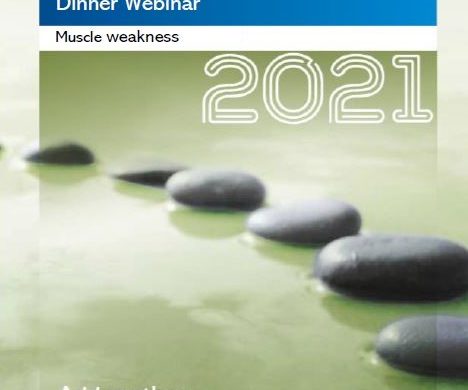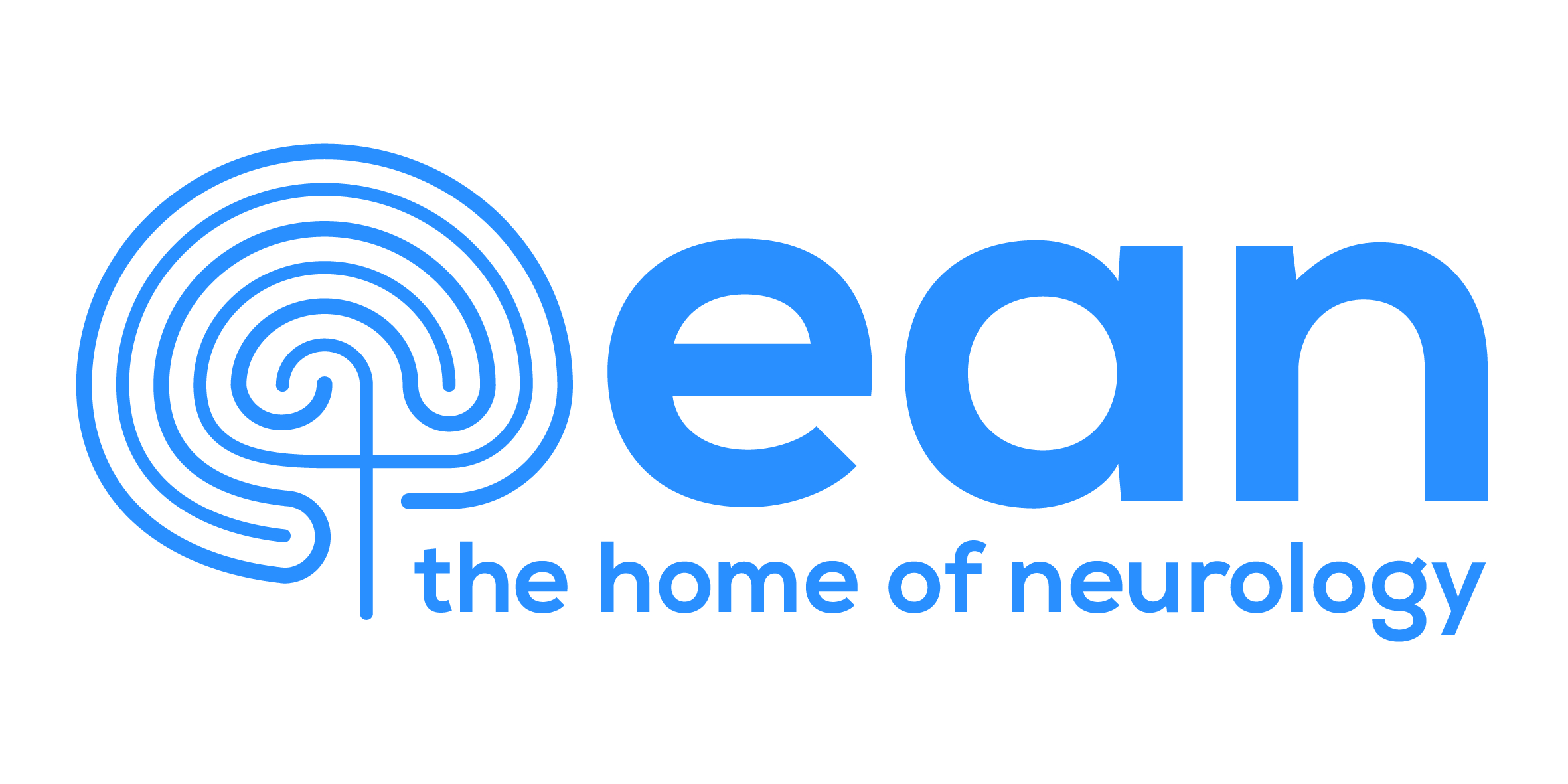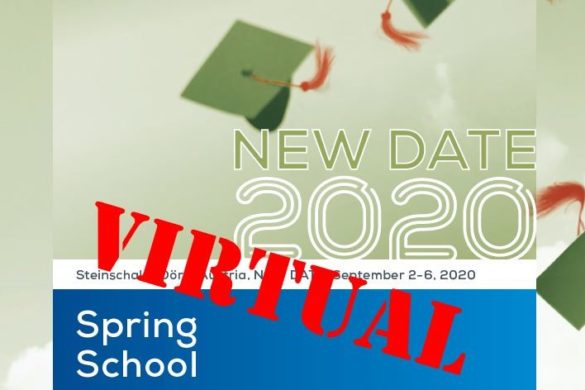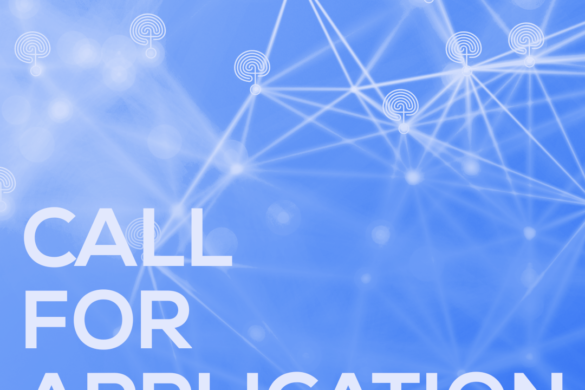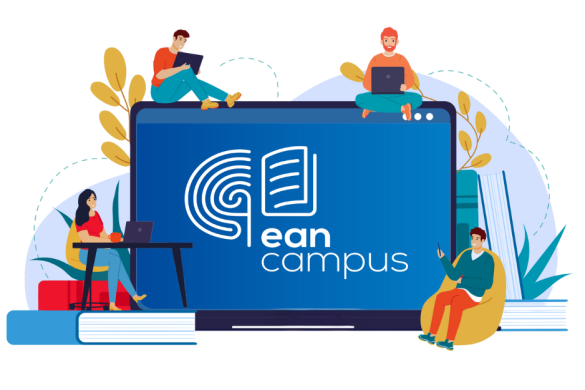by Prof. Dragana Petrovska Cvetkovska, Macedonian Society of Neurology

Another successful EAN Regional Teaching Course was held on 1-3 December, this time in Skopje, North Macedonia. The course was organised by the EAN and the Macedonian Society of Neurology, for the first time in the capital of the republic. The course was structured around the topics of brain stroke, demyelinating diseases, and mixed topics considering the needs of the participants, residents, and early career neurologists. The course was attended by 87 participants.
…
Day 1 was devoted to the topic of brain stroke. The lectures started with Prof. Turgut Tatlisumak, from the University of Helsinki, sharing his experience of organising and providing hyperacute stroke care. During his lecture, he brought closer all the relevant components of stroke care, providing a detailed picture of how a well-established stoke care chain works, starting from the arrival of the patients to the measuring of their outcomes. Prof. Dejana Jovanovic, from the University of Belgrade, presented her lecture on the topic of reperfusion therapy in an extended time window, providing the audience with the latest insights on trials for treatment. The participants were informed about the possibilities to intervene in cases presenting beyond the conventional time window for acute stroke treatment and the ways to combine pharmacological (thrombolytic) and interventional (endovascular) approaches. Prof. Atilla Ozdemir, from Eskişehir Osmangazi Üniversitesi in Türkiye, presented his lecture on the topic of endovascular treatments in patients with stroke in posterior circulation or large vessel disease. His lecture emphasised the latest knowledge from large trials concerning endovascular modes of treatment of stroke, familiarising the participants with these substantial developments. Prof. Dragana Petrovska Cvetkovska concluded the lectures with types of stroke treatments in the hyperacute stage, providing a great overview of the past and current recommendations. The first day concluded with a dedicated workshop on brain stroke, where the participants were engaged in actual stroke or stroke mimic scenarios.
Day 2 was Mixed Topics Day. Prof. Ivan Rektor, from Masaryk University in Brno, introduced the participants to novel approaches in identifying epileptic focus in patients where it could not be localised with standard procedures. During the lecture Prof. Rektor shared video materials and findings from real patients with the participants. The participants were shown specific interictal monitoring techniques and imaging that could point out epileptic sources and render the patient amenable to surgery and curative techniques. Prof. Elka Stefanova, from the University of Belgrade, opened her lecture on the genetics in the dementias. She provided a great overview of the role of specific alleles in the development of these conditions and presented cases with atypical features, teaching the participants practical ways to use genetics for the aims of prognosis. Prof. Yildiz Degirmenci, from the Istanbul Medipol University, provided a comprehensive overview on the topic of myoclonus, its diagnostics and treatment. The participants were prompted with to and fro questions in an interactive manner, exploring the diagnostic considerations in this specific topic. Assistant Professor Gabriela Novotni concluded the day with the topic of clinical phenotypes in dementia syndromes, providing overview on the past considerations and the more novel and empirically driven classification. Prof. Novotni shared the latest insights into this highly interesting topic. Afterwards, Dr Katina Aleksovska, on behalf of the EAN’s Resident and Research Fellow Section (RRFS), presented the role of the section and the available opportunities for early career neurologists.
Day 3 was devoted to the Demyelinating diseases. Unfortunately, due to health reasons, Prof. Matilde Inglese was unable to attend this school physically, but despite that, she managed to share the latest insights in the diagnostics of demyelinating diseases via virtual lecture. Prof. Inglese, from the University of Genoa, provided lectures on the imaging in various demyelinating diseases, sharing the latest insight in terms of differential diagnosis for MS, MOG-associated disease and NMOSD. Prof. Axel Siva, from the Istanbul University Cerrahpaşa School of Medicine, introduced important aspects of making a diagnosis of multiple sclerosis. Drawing from his vast experience on the subject, he discussed the typical and the atypical cases, and shared new information on the investigation of radiologically isolated syndromes. Prof. Ayse Altintas, professor at the Koc University Hospital in Istanbul, provided the participants with a lecture on two diagnoses that are less prevalent, namely NMOSD and MOGAD, sharing her experience on the immunopathogenesis, and familiarising the participants with their unique mechanisms and postulated treatment approaches. Afterwards, Dr Tatjana Petkovska Boshkova concluded with her lecture on the treatment approaches of patients with multiple sclerosis, where the participants were familiarised with available strategies that they can offer to their patients. Afterwards, a workshop session was held, where the lecturers revisited the topic of diagnostics and treatment in patients with demyelinating disease.

Besides the educational side of the RTC, the lecturers and the participants spent time together socialising and networking at a gala dinner, where they were able to talk and exchange opinions. After the conclusion of the last workshop, the participants were offered an exam for additional certification, and afterwards, the event was concluded with a certification ceremony.
…
On behalf of the Macedonian Society of Neurology, we are grateful to the European Academy of Neurology for accepting our application and co-organising this event. We deeply appreciate this to keep the pace in our work, remain connected, and ultimately, provide better care for our patients. Although there were hurdles along the way, the EAN, invited lecturers and all the participants showed how everything fits in the right place when a school of this format is organised and held. We are sure to remain in contact and look forward to further collaborations.




